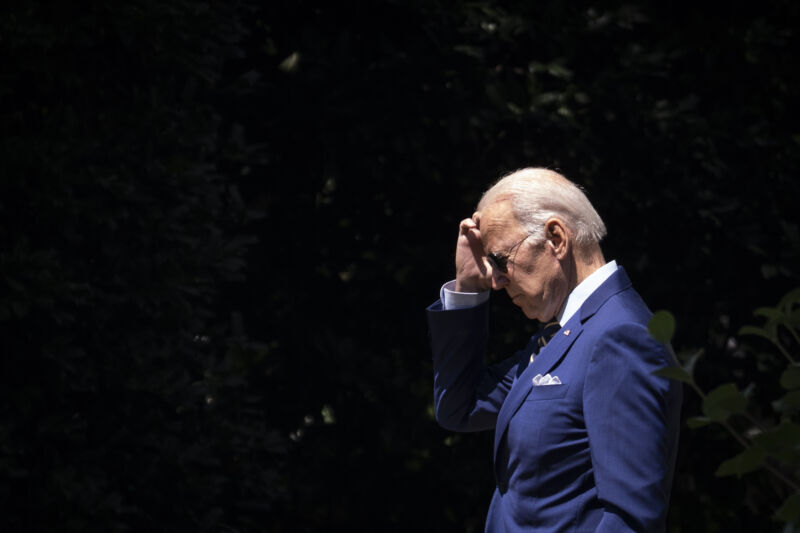With the benefit of hindsight, it is now evident that the decision by the United States and its Western allies to eject Russia from the Society for Worldwide Interbank Financial Telecommunication (SWIFT), among other far-reaching punitive sanctions against Russia in the aftermath of the Ukraine war, was hasty and ill-conceived.
What is the rationale in trying to isolate the largest country in the world by size, an industrial power and military superpower with vast reserves of oil and gas and supplier of 40 per cent of the total energy requirements of Europe? A global supplier of wheat, fertilizer and industrial components.
The decision to apply a range of sanctions against Russia ended up not only affecting Russia but countries trading with it. Had the sanctions against Russia been restricted to just trade and boycott of its goods and services, the impact of such measures would have had a lesser and more manageable effect on the world economy. But once Russia was ejected from the SWIFT system of currency transfers effectively excluding it from trading in the US dollars and other reserve currencies, it meant that all countries trading with Russia were affected.
Once Russia was excluded from trading in US dollars, then it became necessary to take countermeasures to secure its trade relations with its trading partners. And in this wise, the Russians harped on the idea of denominating its trade in its currency, the rouble. And because the volume of Russia’s global trade was sizeable this gave the rouble a quantum leap in value.
Bank of America foresees $90 oil price in half-year
Mohammed queries Flying Eagles’ failure against South Korea
In due course, some of Russia’s trading partners who were compelled to resort to trading with Russia in roubles began to review their dependence on the US dollar for their trade. China for instance had already set in motion a mechanism for denominating its trade in its currency. China also had its own equivalent of SWIFT which functions as a fallback. Indeed Russia and China were already in agreement to use their respective currencies in their trade with one another. This move became more accelerated with the ejection of Russia from the SIFT system.
Countries like India, Brazil, South Africa and even Kenya have reasoned that with what happened to Russia, it will not be strategic to continue to denominate their trade exclusively in US dollars. Indeed a number of countries around the world are coming to the realisation that as in the case with Russia, the US could decide in pursuit of its own exclusive interest to take unilateral actions against any country it deems not aligning with it in global affairs.
But the most potentially damaging development that will further accelerate the current trend towards de-dollarization has been the decision by Saudi Arabia to begin shifting its oil trade to the Chinese currency. If we recall that the strength of the dollar as a reserve currency is hinged on the global oil trade which Saudi Arabia guarantees, then this is a very disturbing development for America.
Why did the Saudis decide to take this unprecedented step which would invariably result in the reduction of the value of the dollar as a global reserve currency eventually if the trend continues?
The fact is that the Saudis were miffed that the US in taking the decision to level sanctions and eject the Russians from SWIFT did not discuss with the Saudis a priori before embarking on that measure. The Saudis have substantial trade and economic relations with Russia and would have preferred that as the guarantor of the petrodollar global reserve currency, they would have wanted to be taken into confidence by the Americans so that they could take mitigating measures. But as it is, the Americans took the action on Russia without informing the Saudis resulting in Saudi trade and investment with Russia being trapped.
Another development which has prompted the Saudis to take this measure is the knowledge that US oil traders were trading in Russian oil and gas while the US was preventing the Saudis from doing the same under the sanctions. For the Saudis, the US action in Russia is instructive and the lessons learnt: The US cannot be trusted as a partner. It can act unilaterally in pursuit of its interests regardless of its obligation to partners. Not to be caught in a bind as in the Russian debacle, the Saudis have now decided to diversify their trading portfolios in other currencies of value in the global system.
Will this result in the collapse of the dollar now that the principal guarantor of the petrodollar is having a major rethink on its continued support for the dollar as a global reserve currency?
Although the dollar will continue into the foreseeable to function as the preeminent global reserve currency, objective factors indicate that the current trend in de-dollarization is irreversible. Along with the guarantee and support provided by Saudi Arabia as prop for the dollar, the US has always relied on its military to enforce its interests in the world. Now, with the dollar and the US military machine under retreat as twin pillars of US global power projection, America faces a double whammy of challenges to its global supremacy.
Although apologists of America would have us believe that America will eventually ride this off and emerge stronger, the reality is that as historian Paul Kennedy postulated about the rise and fall of powers in his seminal book on the subject, America is showing the signs of inevitable collapse as with other powers and empires before it.
As Paul Kennedy stated, the fall of empires can be attributed to military overreach wherein such an empire in trying to continually expand its power and influence eventually ends up with a military machine that is unmanageable and exposed. With about 800 military bases and humongous resources deployed to sustain them, the US is overburdened by this military behemoth. This reality has been borne out in Ukraine where the US military machine has been confronted with limited opportunities and options for direct decisive engagement.
This, coupled with the actions of Saudi Arabia and a slew of powerful countries to limit the influence of the dollar, signals to us that if the trend continues the end of American global hegemony is nigh. And that is why it is imperative that influential Americans with nuanced perspectives on America’s role in the world should speak and act up in order that this impending development is managed without cataclysmic consequences to America and the world. (Concluded)

 Join Daily Trust WhatsApp Community For Quick Access To News and Happenings Around You.
Join Daily Trust WhatsApp Community For Quick Access To News and Happenings Around You.


